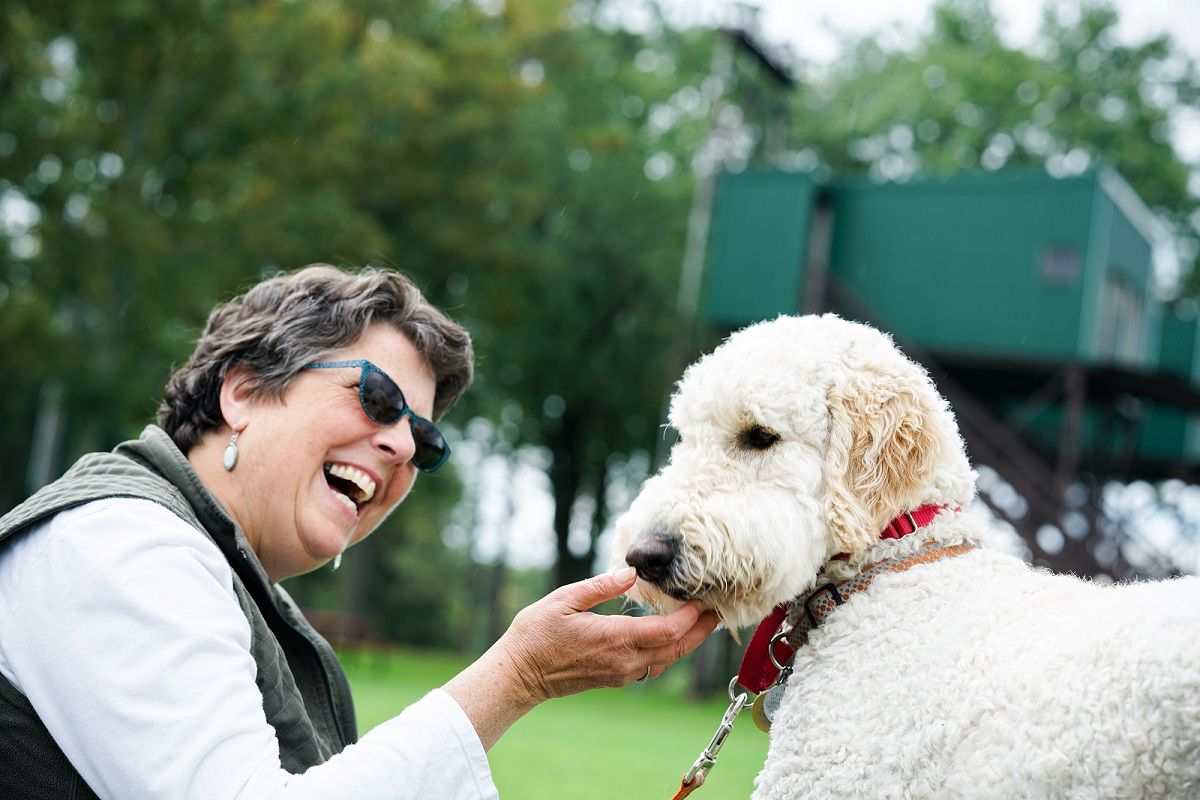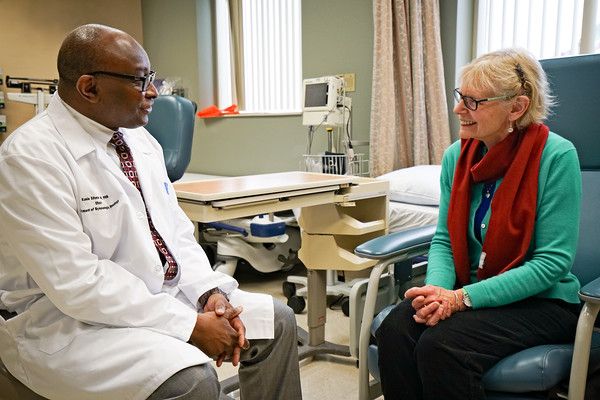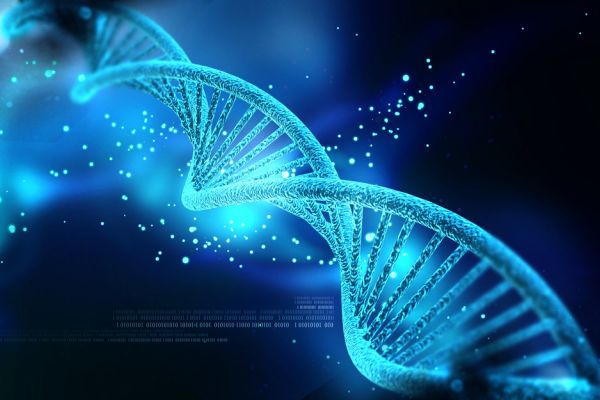Like all the posts I’ve written for the Cancer Talk blog, this post starts with my name, and then three important words: Ovarian Cancer Survivor.
What makes me a survivor? The answer seems obvious. Three and a half years after being diagnosed with Stage IIc ovarian cancer, I am still alive.
If only it were that simple. But, for physicians and patients, being a survivor means many different things, ranging from clinical definitions and test results to emotional and physical milestones.
Who is a Cancer Survivor?
According to Roswell Park’s Mary Reid, MSPH, PhD, Director of Cancer Screening and Survivorship, “both the National Cancer Institute (NCI) and Roswell Park clinically define a person as a cancer survivor from the day of their cancer diagnosis onward, for as long as they are alive.”
But if you ask most cancer patients, they will tell you they did not in any way feel like a survivor the day they learned they had cancer. I surely did not. Instead, I felt scared and in disbelief. While my doctor gave me hope by telling me my cancer had been caught early and my prognosis was good, I was afraid of how I would respond to chemotherapy, and whether it would work. But on that day, I also vowed to do my best to get through the treatment and fight hard to survive.
Fast forward four months, when I finished the last of 18 weeks of aggressive chemotherapy treatments. Although I felt battered, I’d reached what Dr. Reid calls “the operational definition of a cancer survivor. It’s fair to say that many patients consider themselves to be survivors the day they finish their treatments.” That definition quite literally rings true for many, who celebrate the end of treatment by ringing the Victory Bell at Roswell Park.
But I did not ring the bell that day. Even though blood tests showed my cancer markers were in the healthy range, I still wasn’t ready to declare complete victory. I remember feeling deflated when I learned I wouldn’t have my IV port removed for a year, “just in case.” And, at my first post-chemo CT scan, while there were no obvious signs of ovarian cancer, the scan showed a cyst on my liver that needed to be checked again in a month. While these cysts are common and often temporary, this finding added yet another layer of doubt.
Is It Remission or Cancer-Free?
Happily, the liver cyst was gone the next time I was imaged, and I began the next phase of my cancer journey: complete remission. Among patients, there is much confusion about the difference between being in remission and being cancer-free, and even doctors may use the terminology differently.
According to the NCI, remission is different from being cancer-free. Remission means that the signs and symptoms of your cancer are reduced or gone, and the remission can be partial or complete. Complete remission means that tests, physical exams and scans show that all clinical signs of your cancer are gone. Some doctors also refer to complete remission as no evidence of disease (NED). Cancer that comes back — usually after a period of time during which the cancer could not be detected — is referred to as recurrent. The cancer may come back to the same place as the original primary tumor or to another place in the body. If you remain in complete remission for five years or more, some doctors may say that you are cured, or cancer-free.
So, on that continuum from diagnosis to reaching the magical five-year (and beyond) cancer-free mark, when did I finally consider myself a survivor? For me, that happy day came a year after my initial diagnosis, when all my tests and exams came back with good results — and my chest port was finally removed.
What Is Survivorship?
Cancer survivorship focuses on the health and life of a person with cancer, both during and after treatment, until the end of life, according to Dr. Reid. “A cancer diagnosis is a traumatic event that can affect you, your family and your caregivers for many years to come, regardless of your outcome,” says Dr. Reid. “Survivorship care addresses issues related to continued healthcare and follow-up treatment, late effects of treatment, second cancers and quality of life for the patient and their families and caregivers.”
Roswell Park’s Survivorship and Supportive Care Center is a unique center that brings together many of the clinical and supportive services that focus on the physical, emotional, practical and economic issues that may result from having cancer, during and beyond the diagnosis and treatment phases. Services include yoga, massage, meditation classes, spiritual care, complementary therapies, nutritional counseling, pain treatment services, stress management and more.
For me, being a cancer survivor means not only that am I still alive, but that I have also learned to cope — emotionally and physically — with the long-term effects of my diagnosis and treatment, and with each passing day, I feel more confident that my cancer is gone.
Editor’s Note: Cancer patient outcomes and experiences may vary, even for those with the same type of cancer. An individual patient’s story should not be used as a prediction of how another patient will respond to treatment. Roswell Park is transparent about the survival rates of our patients as compared to national standards, and provides this information, when available, within the cancer type sections of this website.




